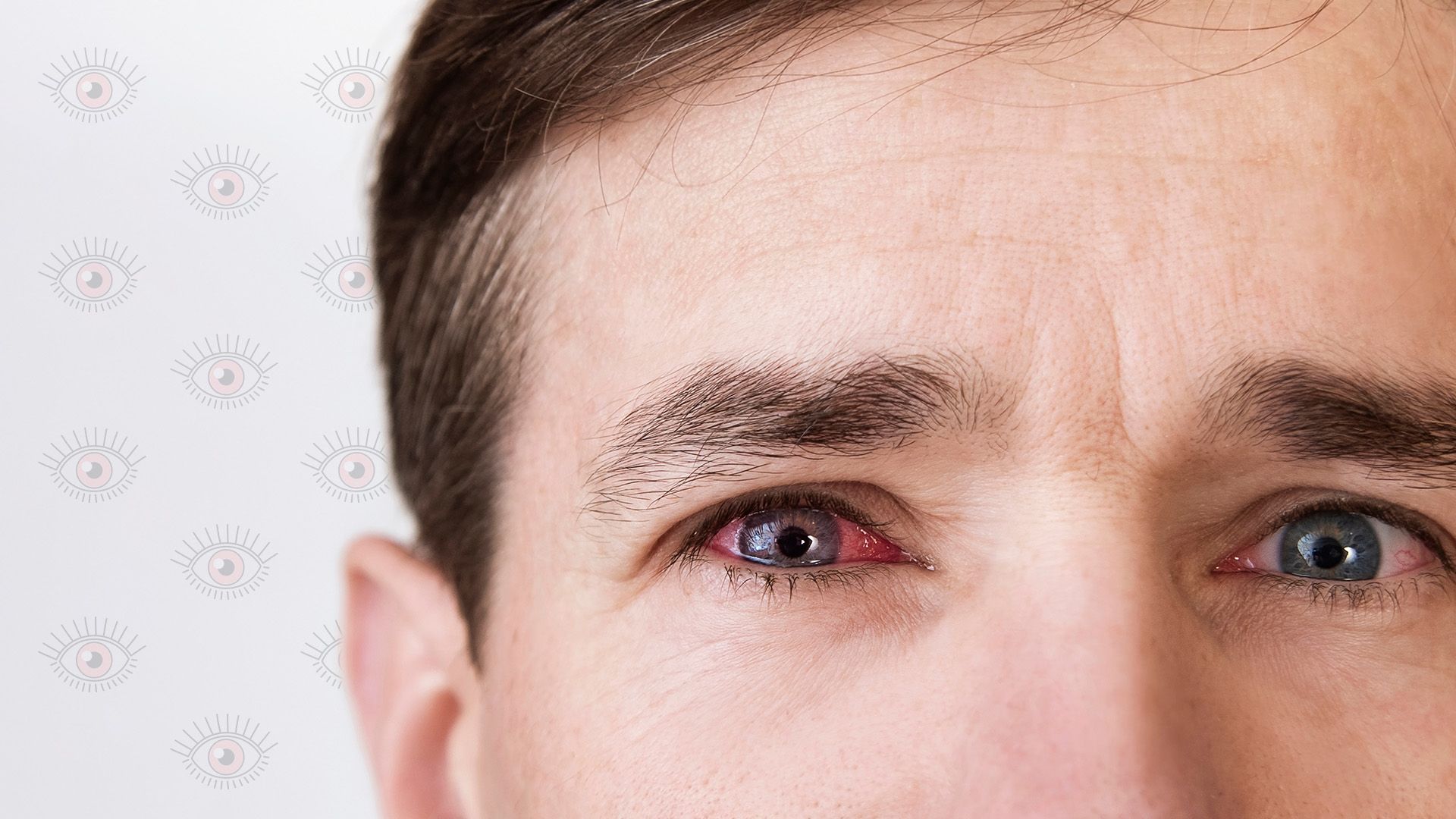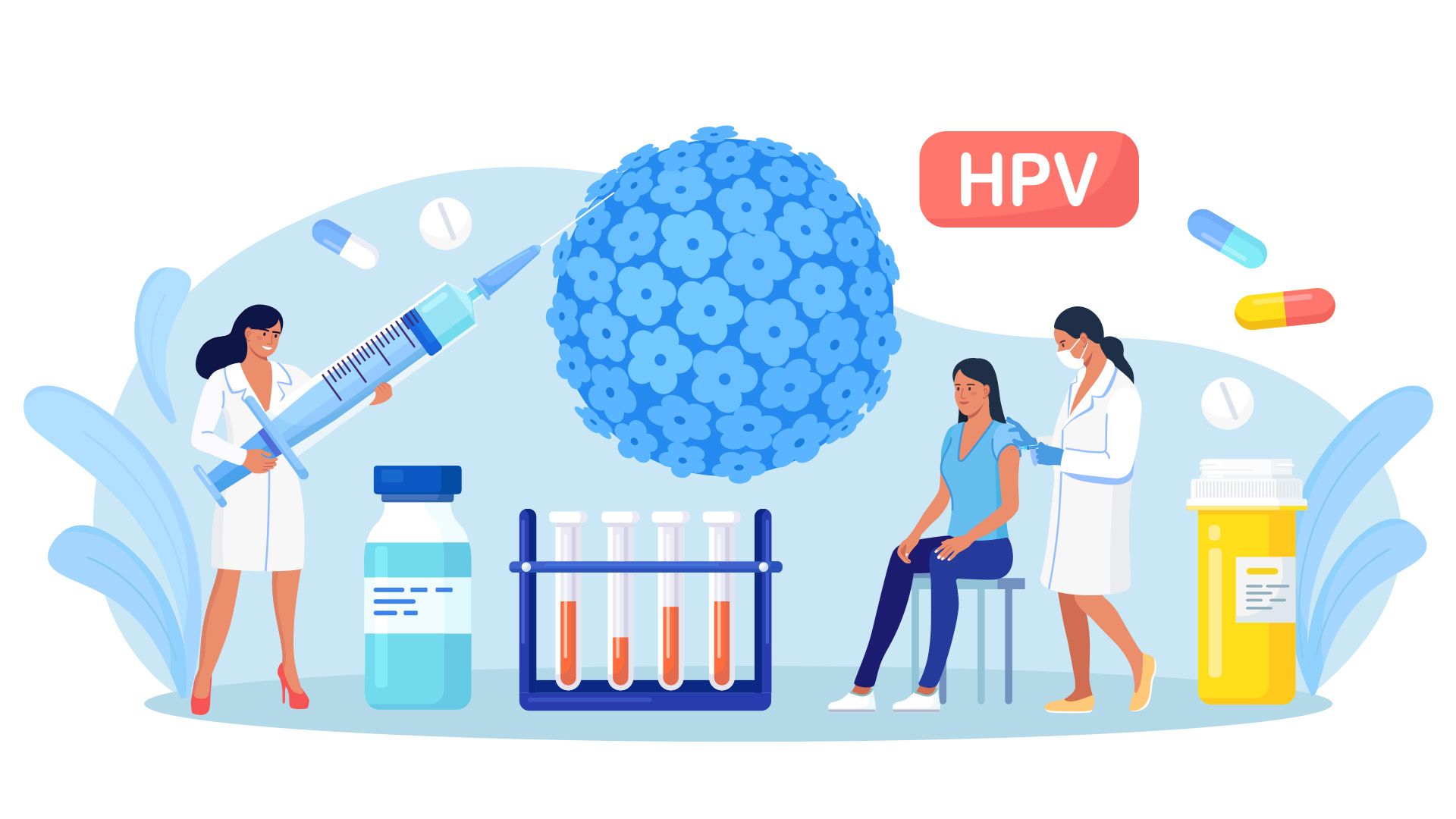Top tips to prevent pink eye
No need for alarm over KZN outbreak
Following a recent warning by the KwaZulu-Natal Department of Health about an outbreak of pink eye in parts of the province, Netcare Medicross is assuring residents that while there is no need for alarm, understanding more about this eye condition is important to prevent spread and complications.
General practitioner Dr Nishen Gounder, who practises at Netcare Medicross Malvern, explains all your family needs to know about this.
What is pink eye?
“Pink eye, or conjunctivitis, is the inflammation of the thin membrane, called the conjunctiva which covers the whites of the eye and the inner part of the eyelid. It can be caused by a viral or bacterial infection, an allergic reaction or environmental irritation,” Dr Gounder says.
“These can cause the delicate eye membrane to become red and inflamed, resulting in discomfort including itching, pain, swelling, fluid discharge and a scratchy or gritty feeling, as if there is sand in the eye,” he says.
“The cause of pink eye can be either viral or bacterial, both of which are highly contagious and easily spread in communities or schools through close contact and hand contamination. The public can play its part by helping to ensure pink eye does not spread further.”
Viral pink eye
Viral pink eye can be caused by various viruses, including the virus that causes the common cold symptoms. Pink eye is very contagious. It spreads through contact with infected secretions from the eye, and often the second eye becomes infected within 24 to 48 hours.
“Many people will have mild symptoms which will settle without intervention within a week or two without additional treatment. The redness, irritation and tearing usually settle first, but one may experience some morning crusting of the eyes a little longer,” he says.
“If one uses contact lenses, it is always important to come and see your GP if you notice symptoms to exclude other possible serious causes, like the infection of the cornea,” says Dr Gounder.
Bacterial pink eye
“While not as contagious as viral conjunctivitis, bacterial conjunctivitis is also highly contagious. but the symptoms differ from those of viral infection, with a yellow, white or green discharge common throughout the day. In the morning, one will wake with the eye being ‘stuck shut’ with a crust of dried discharge. An antibiotic in the form of drops or ointment, as prescribed by a GP, is needed to treat this condition effectively.”
Other serious symptoms that need immediate medical attention
- Pain and tenderness of the eye
- Vision disturbances
- Sensitivity to light or difficulty keeping the eye(s) open
- Other symptoms such as severe headache with nausea
Ten top tips for preventing and treating pink eye
- If you suspect you or your child may have pink eye, visit your Netcare Medicross general practitioner and seek their guidance on treating the condition.
- Make sure your doctor provides a sick note while you wait for the pink eye discharge to stop, usually after 24 hours of antibacterial treatment.
- To protect yourself against pink eye infection, be strict in general hygiene practices. Remember that handwashing with soap or alcohol-based sanitising is an effective way to keep you and your loved ones safe from pink eye and many other infectious illnesses.
- Where possible, avoid contact with people who have pink eye. Avoid physical contact, such as shaking hands, sharing pens, phones, touch screens, and makeup.
- If you’re exposed to someone with pink eye, wash your hands often with soap and water and change your bedlinen daily. Don’t share facecloths, towels, or pillows.
- Stop using contact lenses as soon as you suspect you may have pink eye.
- Seek medical advice immediately if you experience severe pain, a change in your vision, any sign of pus or if you notice intense redness in your eyes.
- Immunocompromised patients, such as those on cancer treatment or biological agents and those living with HIV and diabetes, should seek advice from their treating doctor as early as possible.
- If you are diagnosed with pink eye, wash your hands often and do your best to prevent infecting those around you at home.
- It’s important that babies and young children see a doctor as soon as their caregiver notices symptoms of the condition.
To book an appointment with a Netcare Medicross Medical and Dental Centre near you, visit https://www.netcare.co.za/search?path=medicross_medical_dental or make use of the Netcare App.













